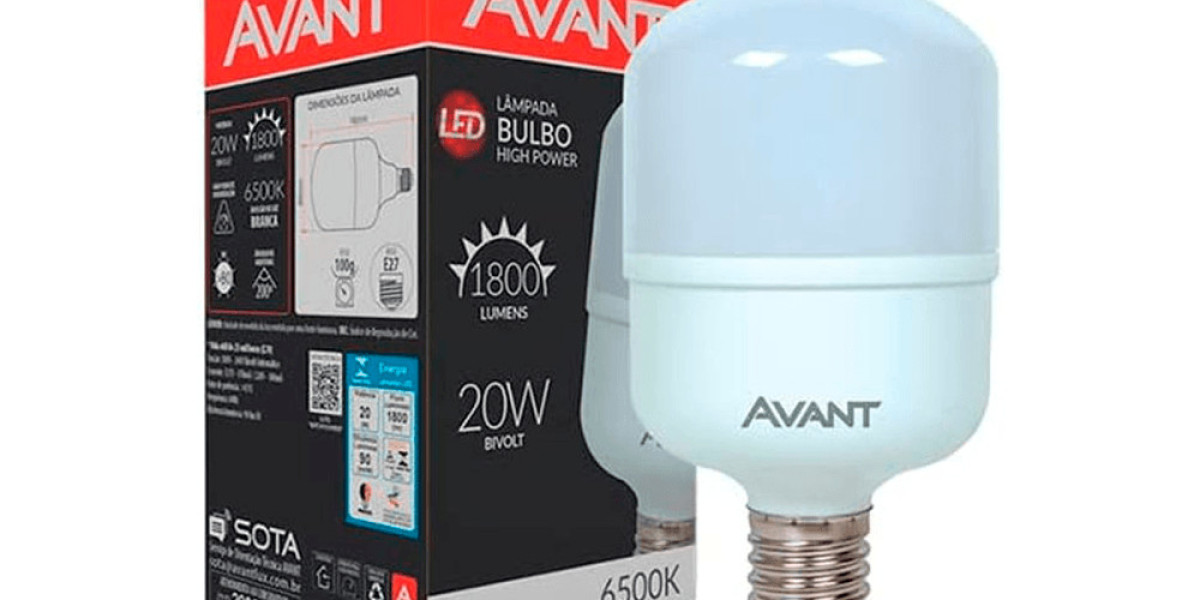Unlike traditional wallets that hold physical cash and cards, crypto wallets store the keys necessary to access and manage your digital assets securely. Whether you're a seasoned crypto investor or just starting your journey into the world of digital currencies, understanding crypto wallets is essential for safeguarding your funds.
What is a Crypto Wallet?
At its core, a crypto wallet is a digital crypto wallet tool that allows users to store, send, and receive cryptocurrencies such as Bitcoin, Ethereum, or any other digital asset. However, unlike traditional bank accounts, crypto wallets do not actually store the currency itself. Instead, they store the private keys required to access and manage the funds associated with a particular blockchain address.
Types of Crypto Wallets
Crypto wallets come in various forms, each with its own set of features, security measures, and trade-offs. The main types of crypto wallets include:
Hardware Wallets: These are physical devices that store your private keys offline, offering a high level of security against hacking and malware. Hardware wallets are often considered the gold standard for storing large amounts of cryptocurrency due to their robust security features.
Software Wallets: These wallets exist in the form of software applications or mobile apps, allowing users to manage their cryptocurrency holdings directly from their computers or smartphones. While convenient, software wallets are more susceptible to cyber attacks compared to hardware wallets.
Web Wallets: Web wallets are online platforms that store your private keys on a remote server, accessible through a web browser. While they offer convenience and accessibility, web wallets are considered less secure than hardware or software wallets due to the risk of hacking and phishing attacks.
Paper Wallets: A paper wallet is a physical document that contains your public and private keys in the form of QR codes or strings of text. Paper wallets are completely offline and immune to cyber attacks, making them an excellent option for long-term storage of cryptocurrency.
Multi-Signature Wallets: These wallets require multiple private keys to authorize a transaction, offering an extra layer of security against unauthorized access. Multi-signature wallets are commonly used by businesses and organizations to prevent insider threats and mitigate the risk of fraud.
Key Security Considerations
Regardless of the type of crypto wallet you choose, ensuring the security of your digital assets is paramount. Here are some key security considerations to keep in mind:
Backup Your Wallet: Always create a backup of your wallet's private keys or recovery phrase and store it in a safe and secure location. This backup will allow you to restore access to your funds in case your wallet is lost, stolen, or corrupted.
Use Strong Passwords: When setting up your wallet, use a strong, unique password that is difficult for hackers to guess. Avoid using easily guessable passwords or reusing passwords across multiple accounts.
Enable Two-Factor Authentication (2FA): Many crypto wallets offer the option to enable two-factor authentication, which adds an extra layer of security by requiring a second form of verification, such as a code sent to your mobile device, to access your account.
Keep Your Software Up to Date: Regularly update your wallet software to ensure that you have the latest security patches and features. Outdated software may contain vulnerabilities that could be exploited by hackers.
Beware of Phishing Attacks: Be cautious of phishing attempts where attackers impersonate legitimate websites or services to trick you into revealing your private keys or sensitive information. Always verify the authenticity of the websites you visit and never share your private keys with anyone.
Conclusion
Crypto wallets play a crucial role in the world of cryptocurrency by providing users with a secure and convenient way to store, send, and receive digital assets. Whether you opt for a hardware wallet for maximum security or a software wallet for ease of use, understanding the different types of wallets and implementing best security practices is essential for safeguarding your funds in the increasingly digital financial landscape. By taking the necessary precautions and staying vigilant against potential threats, you can enjoy the benefits of cryptocurrency while minimizing the risks associated with storing and managing digital assets.








